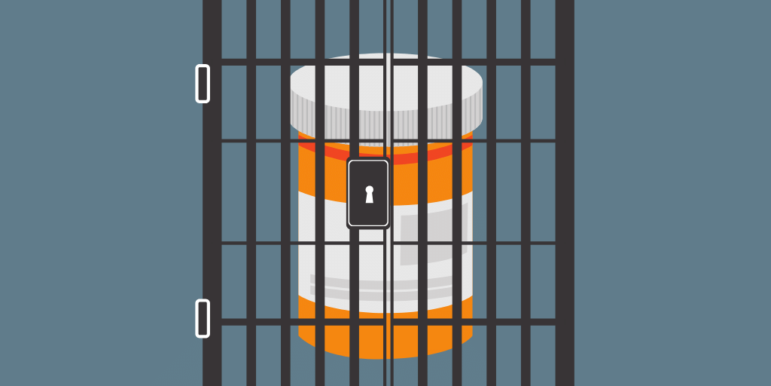The patent system for drugs is meant to protect intellectual property and reward new scientific discoveries. However, companies often seek new patents on drugs not to register truly novel discoveries, but to protect an existing drug from generic competition.
How do pharmaceutical companies use patents to artificially increase their profits? A new report from I-MAK, a global advocacy organization, reveals how drugmaker Abbvie has abused the patent system to delay competition for its bestselling drug Humira.
They found that Abbvie filed 247 patent applications for just one drug, 220 of which were filed after Humira was already on the market. This would make more sense if the patents were for claimed as inventions for new indications for the drug, but almost all of the indications for which Humira is approved were already claimed by 2002. The hundreds of patents filed since then have been for small changes to treat the same indications.
The number of patents filed so long after approval indicates a deliberate “evergreening patent strategy to extend the life cycle of Humira in order to deliberately delay competition,” the authors write. Evergreening, or “product-hopping,” is when companies switch the market for a drug to a slightly different version that has a later-expiring patent. The changes can be as small as a different capsule dose or release formulation, but even these small changes make it impossible to substitute the generic for the branded version when the generic comes out.
Abbvie is by no means the only drug company to use this strategy to delay competition. About 78% of drugs that got new patents between 2005 and 2015 were already on the market, according to a 2017 study, and almost 80% of best-selling drugs extended their protection at least once.
Besides evergreening, there are other ways companies block competition using the patent system. Pharmaceutical companies regularly use “pay-for-delay” settlements (paying generic companies to delay entry into the market), which cost consumers an estimated $3.5 billion a year. Drugmaker Allergan went as far as trying to sell their patent to a Native American tribe to protect the patent under sovereign immunity.
It seems like a lot of work to file hundreds of patents, negotiate settlements with other companies, etc. to keep a drug shielded from generic competition. But companies do this because the strategy works. Last year Abbvie made $18 billion on Humira worldwide ($12 billion in the US market alone), accounting for two-thirds of the company’s total revenue, according to I-MAK.
Abbvie has been much more aggressive with it’s evergreening strategy in the US compared to Europe, filing three times as many patents in America. Because of this, generic competition will enter the market in Europe years earlier than in America, saving European patients billions. US policymakers should learn from our neighbors overseas, and start holding drugmakers accountable for anticompetitive schemes.
